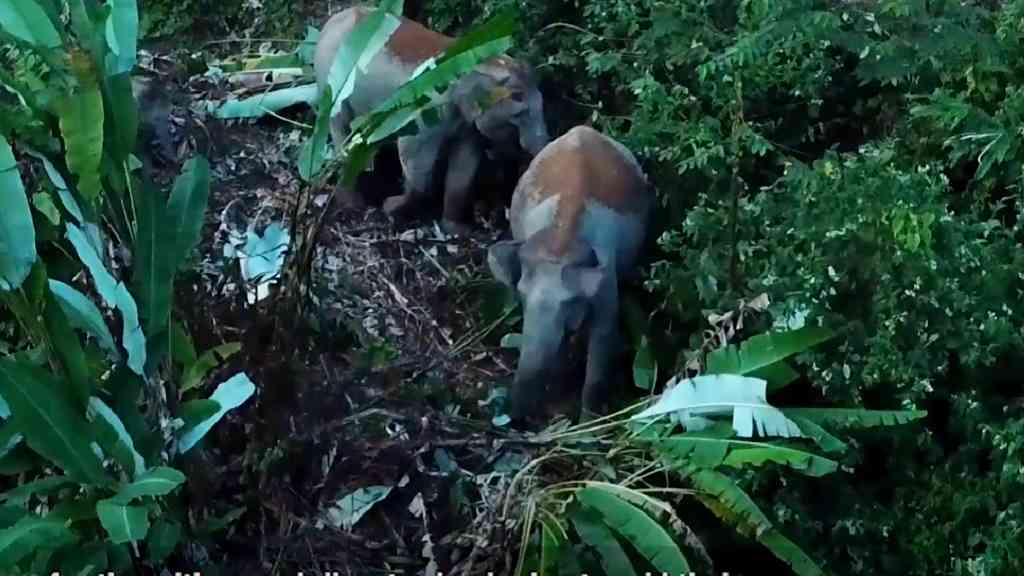Recordings of elephant voices may be the key to saving Asian elephants



By Ryan General
July 14, 2023
Recordings of elephant vocalizations are being used in a revolutionary elephant monitoring system to save the last remaining Asian elephants.
What the project is about: The Elephant Locator Project (ELOC) is a collaborative endeavor involving scientists, tech engineers and university students from Colombo University in Sri Lanka and Gadjah Mada University in Indonesia.
Led by International Elephant Project (IEP) Field Manager Dr. Alexander Mossbrucker, the groundbreaking initiative created an automated system that can aid in anti-poaching efforts and human-elephant conflict mitigation.
Human-elephant conflict commonly arises when elephants venture out of fragmented jungles and encroach upon human villages. These encounters result in the destruction of valuable crops, the trampling of villagers’ humble abodes and, in rare instances, the loss of human lives. Faced with this alarming situation, villagers often experience fear and desperation, prompting them to take measures that sometimes result in elephant deaths.
How it works: The technology utilizes the range of vocal sounds elephants make to communicate, including deep rumbles, high-pitched squeaks and trumpeting calls in establishing an early warning system for local villages situated in areas with limited visibility.
The researchers were able to capture and analyze over 3,000 elephant sound recordings and discovered that certain vocalizations, particularly low rumbles, can be detected from distances of over 500 meters (approximately 0.31 miles). This finding suggests that the devices will be able to effectively track elephants over long distances in dense terrain where visual observation is a challenge.
Early testing phase: Over the course of 18 months, the team has extensively tested 28 field-ready devices in the jungles of Sumatra and Borneo, where the IEP supports various local elephant conservation initiatives.
The deployed ELOC units utilize battery and solar power for energy efficiency and incorporate wireless and LoRa communication capabilities. The system is able to pinpoint the exact location of elephants by synchronizing detections across multiple recorders.
Potential GPS replacement: A significant number of elephants in these locations have been equipped with GPS collars, which have already proven useful in reducing human-elephant conflict by providing data on elephant movement.
However, the GPS collars require regular replacement, which is a challenge in the dense jungles of Indonesia. Changing collars also requires immobilizing elephants, which poses risks. The group aims to use their Elephant Locators as an alternative tracking method that could reduce reliance on GPS collars and even replace them one day.
“Together, these two methods, along with drone technology to view elephant herds, will improve our ability to understand elephants and their movements, which will ultimately improve their safety and prevent conflicts with communities,” wrote Wildlife Conservation International Founder Leif Cocks.
Next steps: The next phase of the project involves creating an interface to share real-time information with target groups, such as wildlife rangers, crop guards and farmers.
The team plans to achieve this via a mobile phone app and SMS system, allowing localizations of identified elephants to be displayed on a map. Historical data will also be available for analysis and research purposes. The ELP is on track to test its monitoring system’s full capabilities in 2025 for a pilot project.
According to the World Wildlife Fund, the Asian elephant population is alarmingly dwindling, with fewer than 52,000 of the species remaining in the wild. Restricted to just 15% of their original range, they have been classified as an endangered species on the IUCN Red List.
Share this Article
Share this Article





